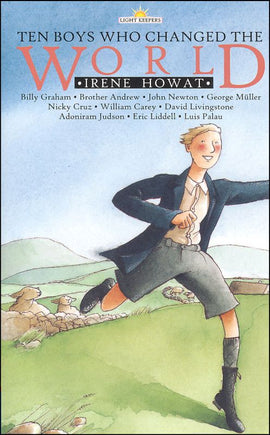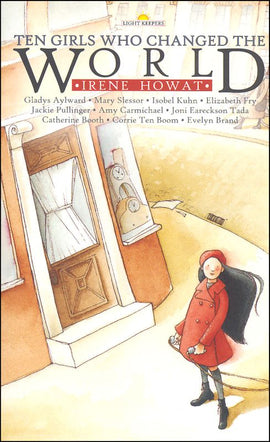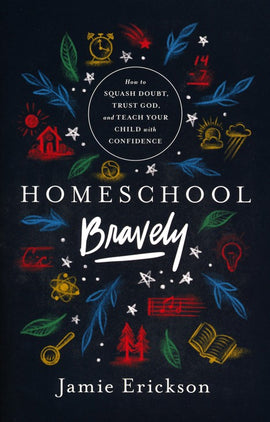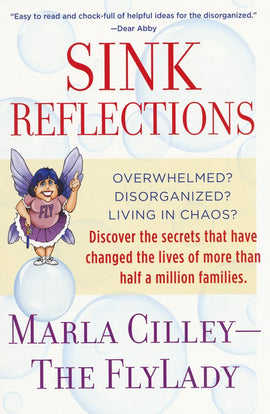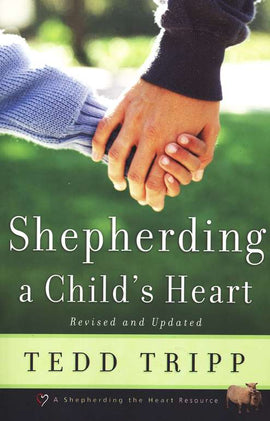The Well-Educated Mind, Updated & Expanded
The Well-Educated Mind offers brief, entertaining histories of six literary genres – fiction, autobiography, history, drama, poetry, and science – accompanied by detailed instructions on how to read each type. The annotated lists at the end of each chapter – ranging from Cervantes to Cormac McCarthy, Herodotus to Laurel Thatcher Ulrich, Aristotle to Stephen Hawking – preview recommended reading and encourage readers to make vital connections between ancient traditions and contemporary writing.
The Well-Educated Mind reassures those readers who worry that they read too slowly or with below-average comprehension. If you can understand a daily newspaper, there’s no reason you can’t read and enjoy Shakespeare’s sonnets or Jane Eyre. But no one should attempt to read the “Great Books” without a guide and a plan. This book shows you how to allocate time to reading on a regular basis; how to master difficult arguments; how to make personal and literary judgments about what you read; and how to appreciate the resonant links among texts within a genre – what does Anna Karenina owe to Madame Bovary? – as well as between genres.
| Book Title | The Well-Educated Mind, Updated & Expanded |
| Publisher: | Well-Trained Mind Press |
| Author | Susan Wise Bauer |
| ISBN |
The Well-Educated Mind offers brief, entertaining histories of six literary genres – fiction, autobiography, history, drama, poetry, and science – accompanied by detailed instructions on how to read each type. The annotated lists at the end of each chapter – ranging from Cervantes to Cormac McCarthy, Herodotus to Laurel Thatcher Ulrich, Aristotle to Stephen Hawking – preview recommended reading and encourage readers to make vital connections between ancient traditions and contemporary writing.
The Well-Educated Mind reassures those readers who worry that they read too slowly or with below-average comprehension. If you can understand a daily newspaper, there’s no reason you can’t read and enjoy Shakespeare’s sonnets or Jane Eyre. But no one should attempt to read the “Great Books” without a guide and a plan. This book shows you how to allocate time to reading on a regular basis; how to master difficult arguments; how to make personal and literary judgments about what you read; and how to appreciate the resonant links among texts within a genre – what does Anna Karenina owe to Madame Bovary? – as well as between genres.




